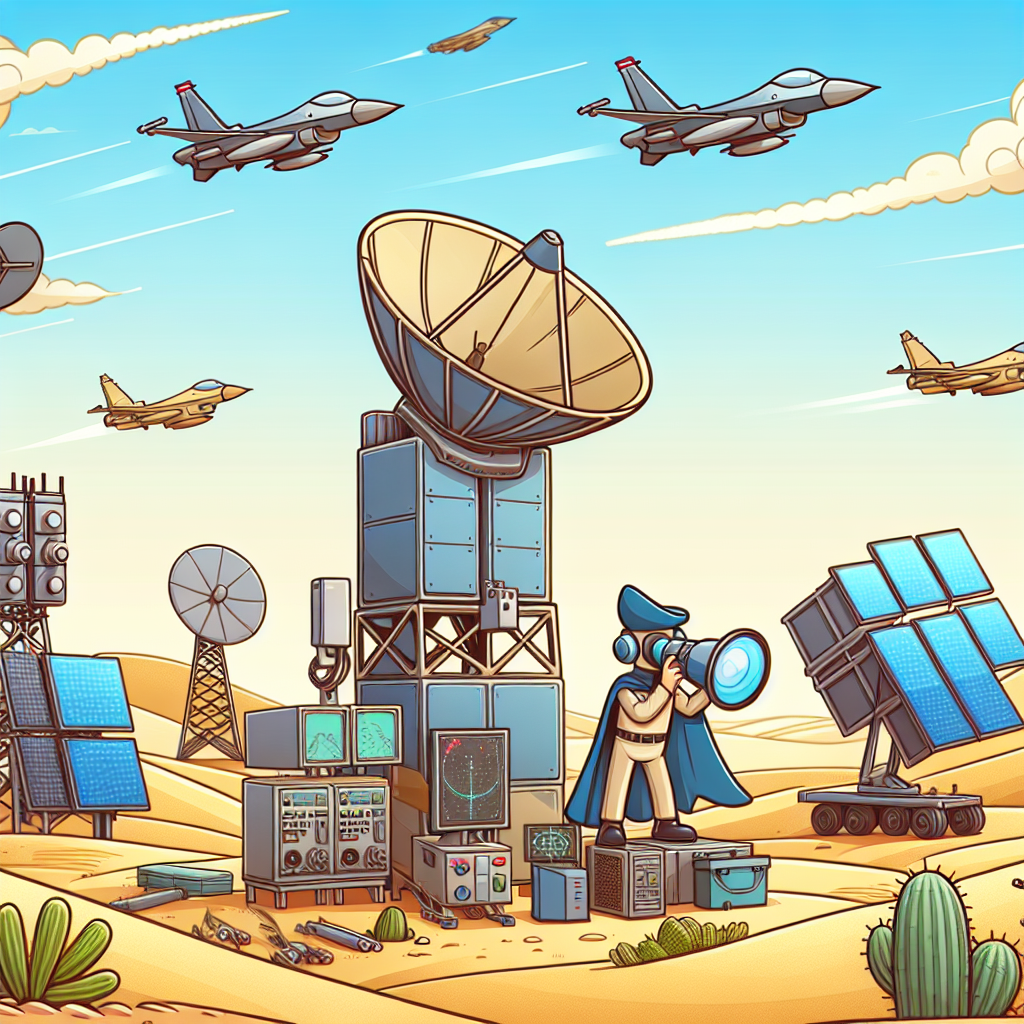Syria's New Rule: Can Justice and Stability Coexist?
The new rulers of Syria face the immense task of rebuilding a nation devastated by a 13-year civil war while balancing demands for justice against former regime oppressors. With limited resources and international scrutiny, the interim government must stabilize the country, prevent reprisals, and encourage refugee return.

The main commander behind the ousting of Bashar al-Assad has declared zero tolerance for those involved in abuses during Assad's reign. Abu Mohammed al-Golani promises to track down and bring to justice anyone involved in torture or killings, according to a statement released on Syrian state TV's Telegram channel.
The global community closely watches Syria's new leadership as they navigate the challenges of stabilizing the war-torn nation after a brutal 13-year civil war. The country, under Assad's rule, was notorious as one of the region's most oppressive police states. Golani and his force, Hayat Tahrir al-Sham, the dominant power in Syria now, face the tough task of delivering justice while securing international cooperation and aid.
Installed by Golani's fighters, interim leader Mohammad al-Bashir is tasked with the colossal job of rebuilding Syria. Even as millions of refugees remain displaced and financial resources are grim, Bashir's vision includes unifying the nation, restoring basic services, and reviving the economy, currently crippled by sanctions and the lack of foreign currency.
(With inputs from agencies.)
ALSO READ
Intensified NIA Raids Target Terror Links Across India
After polls, Delhi govt's monthly financial aid for women will be enhanced to Rs 2,100 from Rs 1,000: Arvind Kejriwal.
Nepal Partners with IFAD on $120M Program to Aid Small-Scale Farming Families
Arvind Kejriwal Announces Enhanced Financial Aid for Delhi Women
Naidu Pushes for Job Creation in Andhra Pradesh










